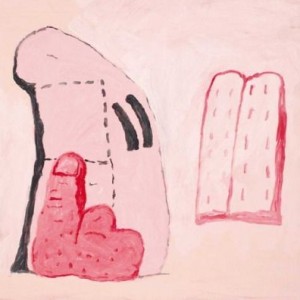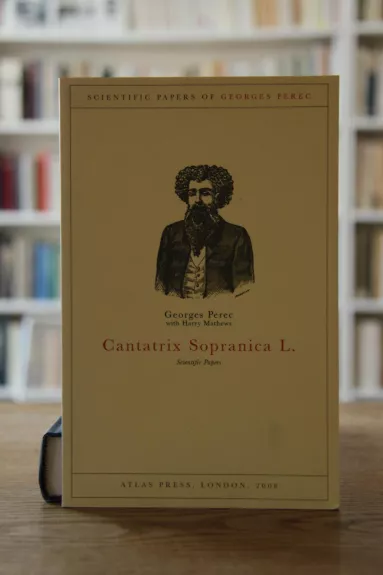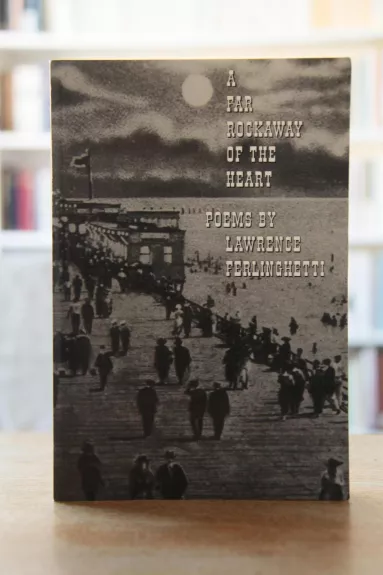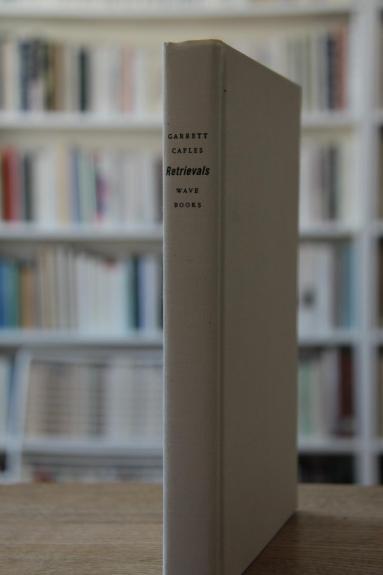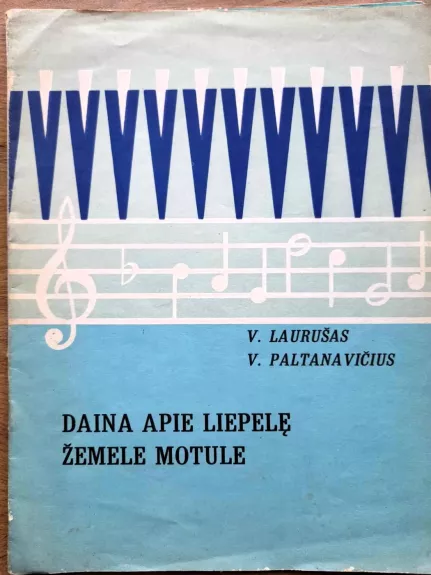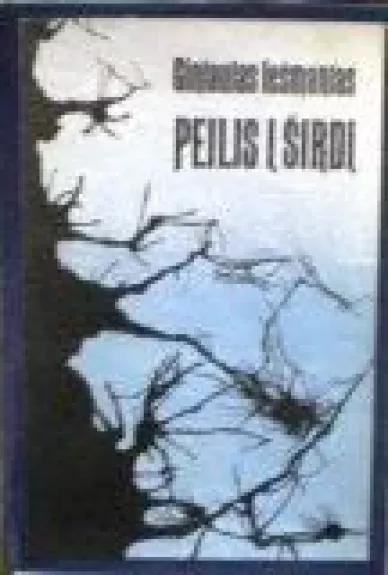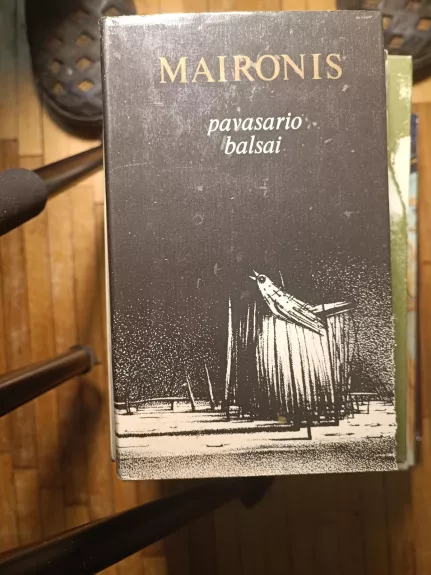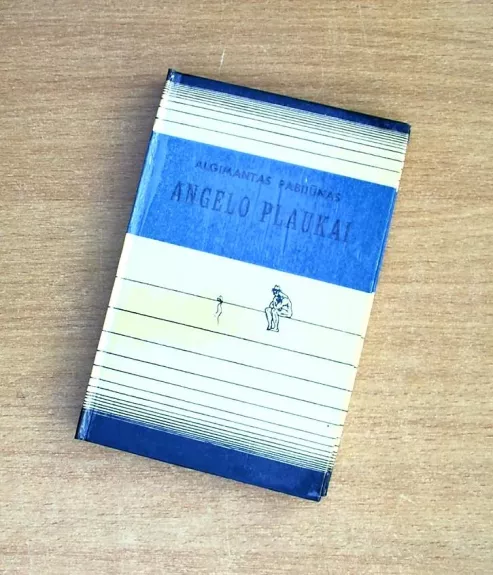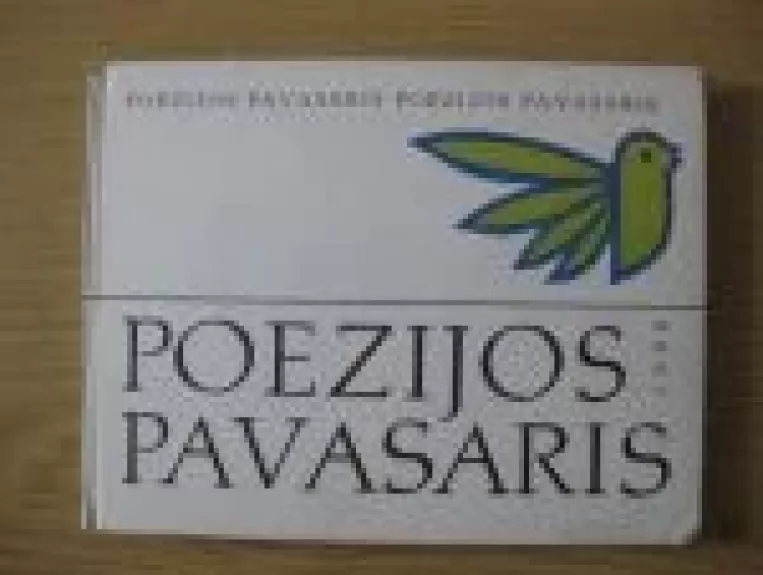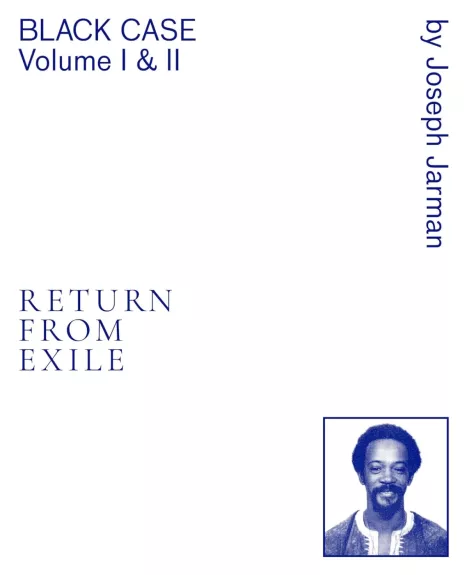
Black Case Volume I & II: Return From Exile
In 1977, Art Ensemble of Chicago Publishing Co. published Jarman’s Black Case , a collection of writing conceived across America and Europe between 1960 and 1975. Comprised largely of Jarman’s flowing, fiery free verse―influenced by Amus Mor, Henry Dumas, Thulani Davis, and Amiri Baraka―the book also features a manifesto for “GREAT BLACK MUSIC,” notated songs, concert program notes, Jarman’s photos, and impressions of a play by Muhal Richard Abrams. Jarman writes poetry of personal revolutionary intent, aimed at routing his audience’s consciousness towards growth and communication. He speaks with compassionate urgency of the struggles of growing up on Chicago’s South Side, of racist police brutality and profound urban alienation, and of the responsibility he feels as a creative artist to nurture beauty and community through the heliocentric music that he considers the healing force of the universe. A practicing Buddhist and proponent of Aikido since a 1958 awakening saved him from the traumatic mental isolation of his time dropped by the US army into southeast Asia, Jarman sings praise for the self-awareness realization possible through the martial arts. With cosmic breath as its leitmotif, his poetry both encourages and embodies a complete relinquishing of ego. While some of the poems contained within Black Case have already been immortalized via performances on classic records by Jarman and Art Ensemble of Chicago, its republication in print form breathes new life into a forgotten document of the Black Arts Movement.

